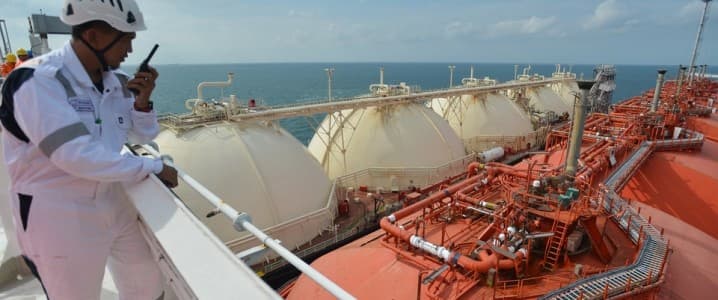Hydropower
HYDROGEN MARKET GAINS MOMENTUM THROUGH GLOBAL AUCTIONS AND INVESTMENTS.
JUMA SULEIMAN

The hydrogen sector in Europe has encountered significant setbacks, with numerous high-profile projects, including key pipeline initiatives, being paused. These challenges reflect deeper issues within the hydrogen supply chain, which is still developing and heavily reliant on uncertain regulatory frameworks. Advocates argue that national governments in Europe and the US have been slow to clarify policies and standards, and insufficient attention has been given to building the infrastructure necessary to transport hydrogen across borders. Furthermore, financial markets still lack clear price signals, making it difficult to mitigate risk for investors.
Despite these challenges, the hydrogen industry is moving forward. While several projects have been delayed, few have been fully canceled. According to the Hydrogen Council's "Hydrogen Insights 2024," over 1,500 clean hydrogen projects worldwide have reached their final investment decisions (FID), signaling a growing commitment to the sector. Many of these projects are now prioritizing those with the highest potential, with the sector shifting focus towards more scalable and economically viable ventures. Industry advocates are calling for stronger leadership and increased financial backing from governments and public financial institutions to stimulate market demand and reduce risk.
One of the most promising developments in the hydrogen sector has been the emergence of auctions designed to create a functioning market for low-emission fuels, including hydrogen derivatives like green ammonia. The H2Global Foundation, supported by the German government, has played a pivotal role in organizing these auctions, with its first success being the awarding of a contract to Fertiglobe for the delivery of green ammonia to Europe starting in 2027. These auctions are crucial for establishing long-term contracts that provide the legal certainty required for large-scale projects. The use of auctions to bridge the cost gap between higher-priced supply and lower-priced demand is an important mechanism that could stimulate market growth.
H2Global’s role in creating a global hydrogen market is expanding, with additional partnerships being formed in countries like the Netherlands, Canada, Japan, and beyond. Through its subsidiary Hintco, the foundation is working to establish long-term contracts with global suppliers and buyers, thereby reducing risk and promoting price transparency. With significant financial support from European governments, including the German government's allocation of EUR 3.5 billion in 2023, H2Global is set to mobilize markets and help scale up the hydrogen economy. The foundation's efforts are backed by future plans for larger auctions and a focus on creating financial instruments like futures contracts that will allow for greater liquidity and investment. Industry leaders emphasize that creating a functioning, market-driven ecosystem is critical for attracting private sector investment and ensuring that the hydrogen economy can meet its ambitious targets in the coming decade.
